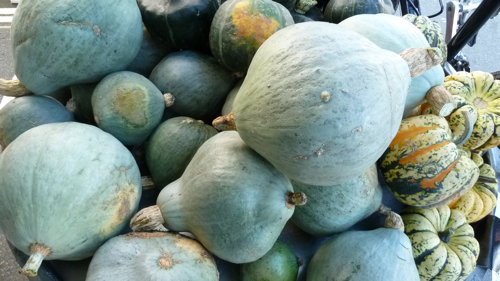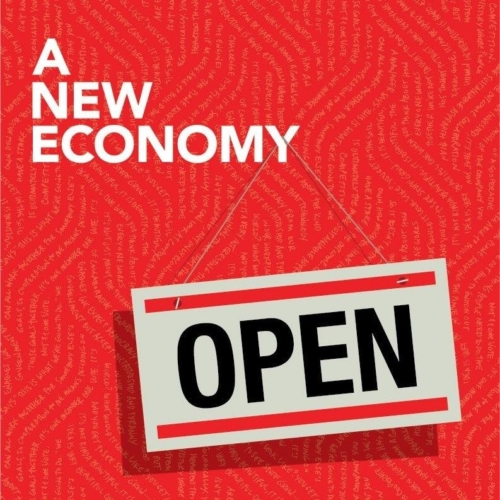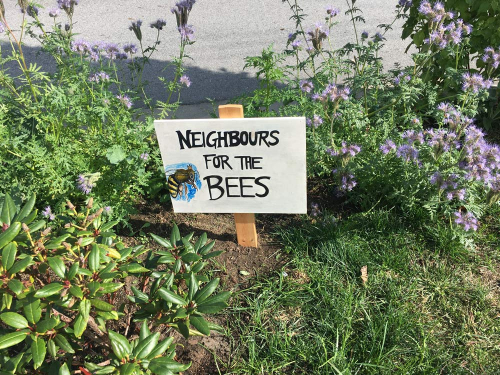Rising oil prices make local food and farmland even more crucial
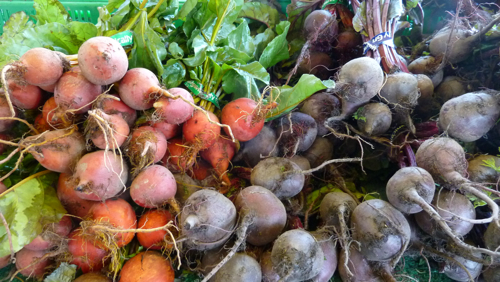
Update March 9: Today’s ethical deal is 50% off two Vancouver Farmers Markets memberships!
Following several mentions at this past weekend’s Greenest City camp of how food prices have risen in the wake of higher oil prices, I was reminded again by The National‘s coverage tonight. They examined which commodities have spiked most, how our food spending compares to other nations and how to save money.
The prices for grains, dairy and sugar — the latter of which is non-essential — have risen by 10% to 30%, reaching in some cases historical highs. When comparing food spending — Canadians put 11% of their income toward it, whereas the Chinese spend 36% and in Yemen 80% — it’s important to realise that while our food spending has trended downward, our health costs have increased dramatically. This relationship between food and health spending has much to do with the quality of our food. So while the CBC’s reporter suggests 11% is a good number, I disagree.
Rising oil prices, a trend that will inevitably continue as supplies dwindle and economies recover, are a reminder of just how much energy goes into agriculture from the field to the plate. For Americans, the combined cost of transportation and energy accounts for more than 10% of the cost of US-produced food, with the majority of each dollar going to marketing. Factor in how much of our food comes from other continents — bananas, cocoa, sugar, seafood, rice — and watch that energy cost go up.
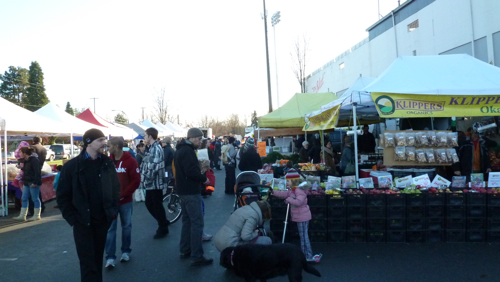
This is where local food and sustainable agriculture become especially important. Vancouver is blessed with some of Canada’s best farmland, so our access to fresh, local and often organic food is exceptional. The region’s Agricultural Land Reserve, however, is under constant threat from requests to remove large parcels of land from the Reserve for development. We need to make it clear to politicians and developers that local food production is vital to our food security, local economy, health and biodiversity. Resilience to upswings in food prices, to shortages, climate change and disease is built on having a diverse and thriving local food system. Agriculture that relies more on human power than machine power and petroleum-based pesticides costs less and yields more. The benefits are clear.
One camp participant pointed out that when California is facing water, energy and even food shortages, they won’t be selling their lettuce and strawberries to us, produce that do very well here. They key is to buy local and eat in season.
Want to save money at the grocery till? Here are some tips:
Start with eating products that are in season: they’ll be local, more nutritious and way tastier than those orange-red tennis balls we call tomatoes in March.
 Get your produce at the farmer’s market or a small, preferably organic, grocer. Supermarkets generally charge through the nose for fruits and vegetables.
Get your produce at the farmer’s market or a small, preferably organic, grocer. Supermarkets generally charge through the nose for fruits and vegetables.
Kick the sugary drinks and processed food. They’re bad for you and where subsidies to corn, soy and wheat make stuff like Cheerios (yes, I grew up on them too!) and frozen dinners appear cheap, you’ll be paying in health care costs and gym memberships.
“Eat food. Not too much. Mostly plants.” That’s Michael Pollan’s sage advice. (Then read his book.)
Cook your own! Make the time to cook fresh food then sit down with family and friends to enjoy it together. Clean up together afterward to make chores less onerous.
Buy in bulk and look for deals. This is a no-brainer. The National reported on some coupon keeners and number-crunchers, but failed to mention the bulk section. David Suzuki’s Queen of Green has tips to make bulk shopping greener and more convenient.
End food waste. You’d be surprised how much ends up in the garbage (or compost if you’re savvy).
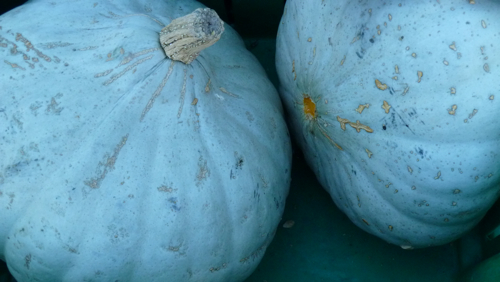
 This daily green blog challenge is in celebration of David Suzuki’s 75th birthday, supporting the David Suzuki Foundation. Please help me out by sponsoring me online now.
This daily green blog challenge is in celebration of David Suzuki’s 75th birthday, supporting the David Suzuki Foundation. Please help me out by sponsoring me online now.
Note: I am writing solely on my own behalf, and do not claim to represent the David Suzuki Foundation or its views here.

